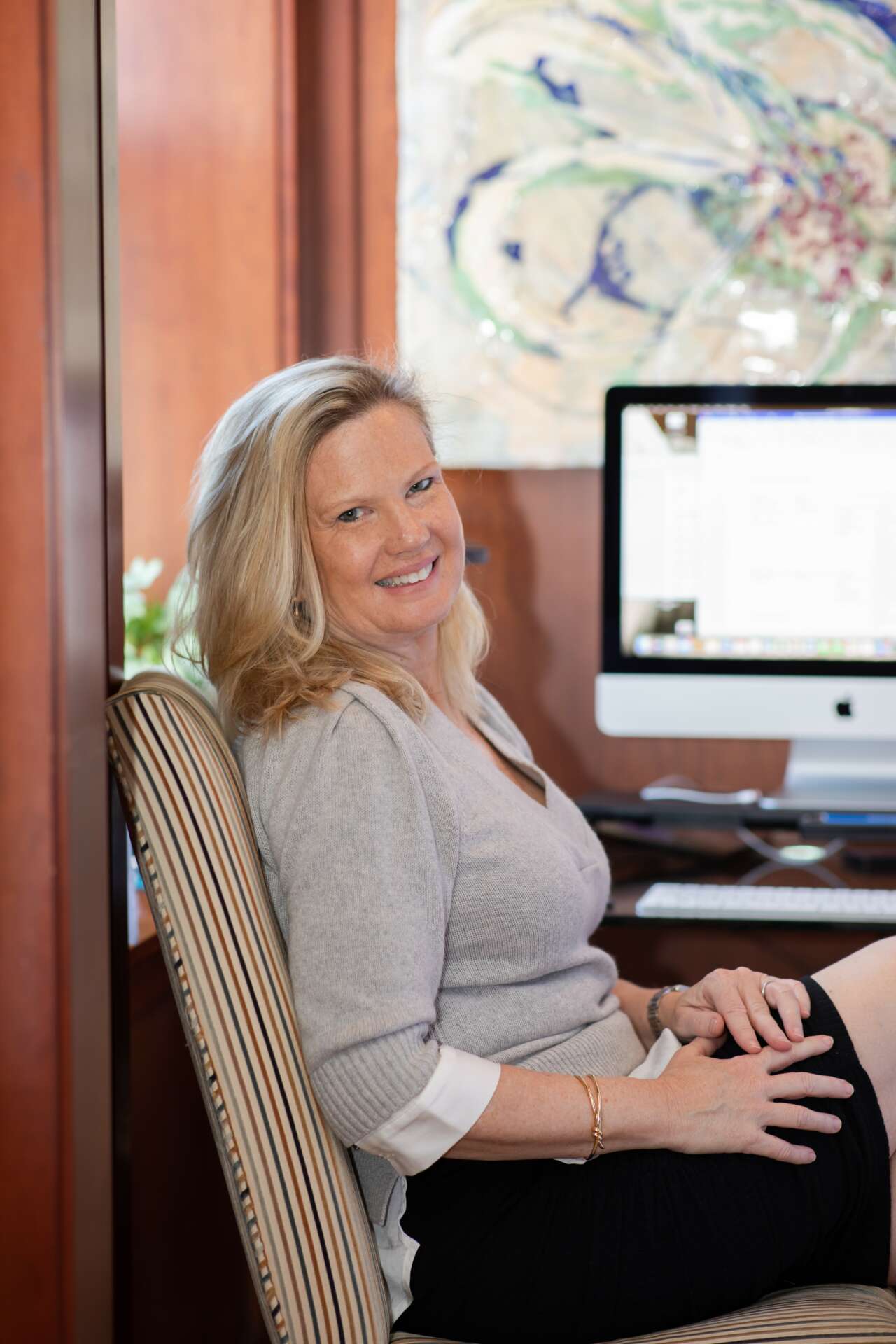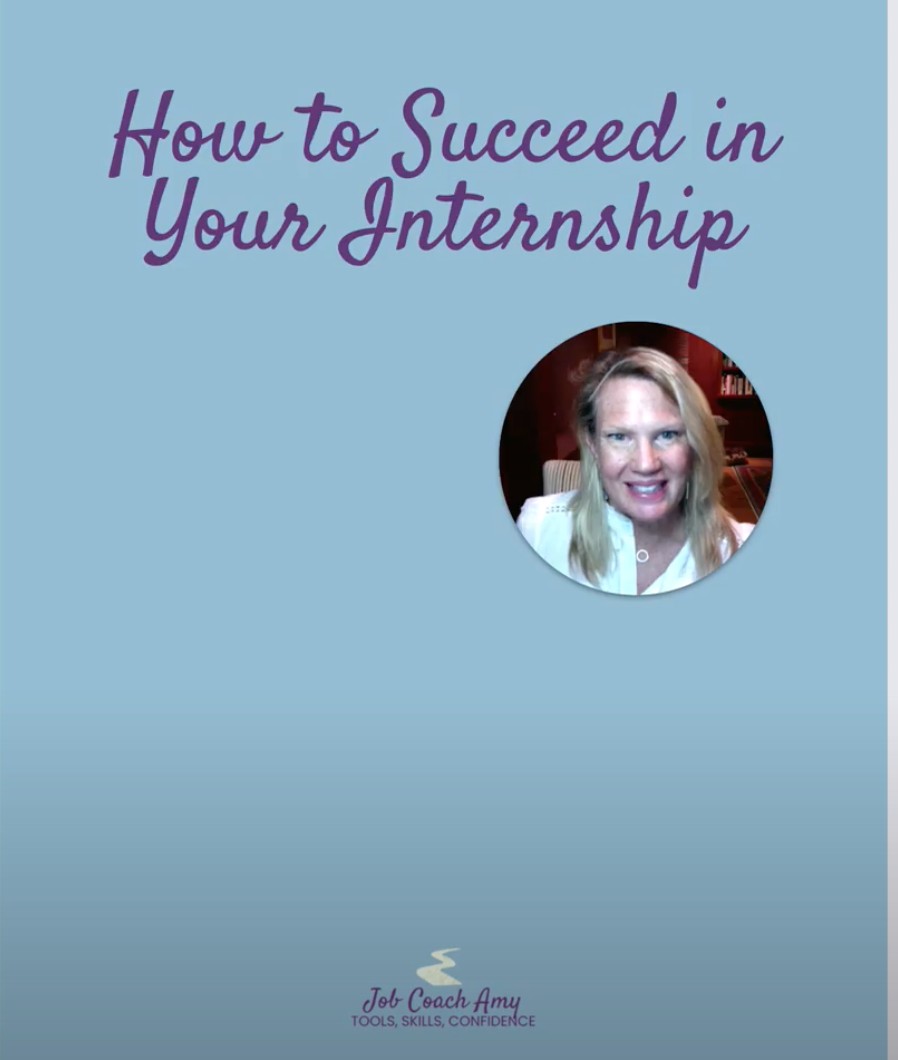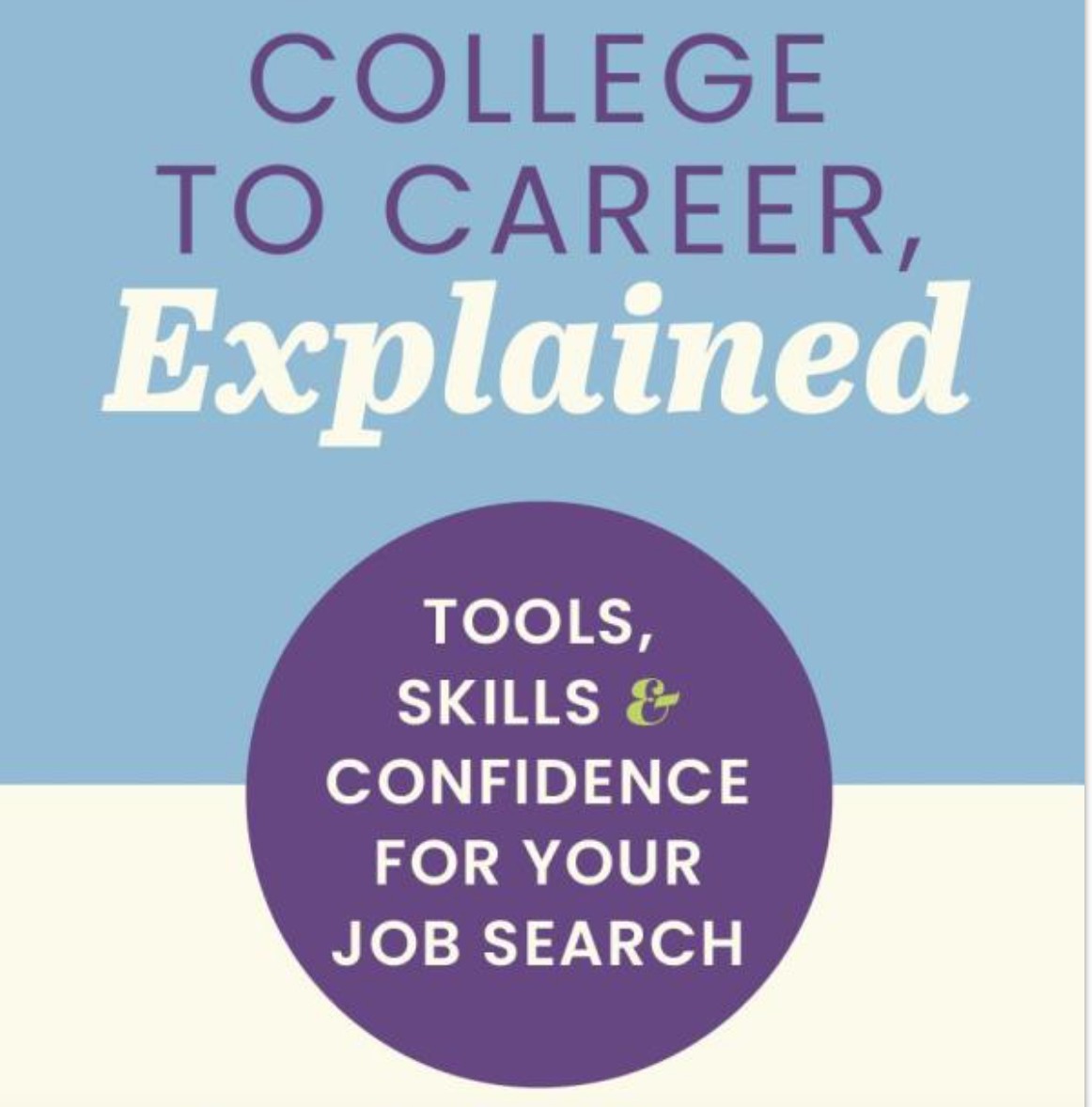We’re excited to introduce you to the always interesting and insightful Amy Feind Reeves. We hope you’ll enjoy our conversation with Amy Feind below.
Amy Feind, looking forward to hearing all of your stories today. We’d love to have you retell us the story behind how you came up with the idea for your business, I think our audience would really enjoy hearing the backstory.
My business was never as much an idea I had than a problem that was like a pebble in my shoe for almost 30 years! had knowledge I wanted to share because I knew there was no other resource out there providing it to the people who needed it – here’s what I mean.
I left college late last century merrily thinking I had done everything right by working hard to go to a good college, do well in sports, get a good GPA and earn money during the summers. So I should be in a good position to find a job, too, right? This was everything I was supposed to do? Oh no, there was this whole other set of rules and instructions out there that I knew nothing about. My friends went off to bank training programs (which were plentiful at the time) and I started searching the New York times classifieds (ask your parents) for jobs that would pay me enough to live in New York. Because I could type fast after a college journalism career, I found one. For a year, I worked as an admin and read everything I could about how to get one of those high paying, high potential jobs in finance. I asked everyone who had one one of those jobs about what they actually did during the day and why. I asked to look at their old cover letters and resumes and to talk to the people who had hired them. And I taught myself how to job search, network and interview. The next year, I got onto the first training program that I interviewed for. Turns out that I was good at it and I liked it. So what was the difference from the year before? There were just a whole lot of things that no one had ever told me. As my career went on and I became the hiring manager on the other side of the table, I could tell that all these bright and hardworking kids were starting their careers in exactly the same position. If they had not pursued a professional major or found a professional mentor, there were a lot of things they just didn’t know. And it was taking a toll on their confidence. When I had a chance to turn my passion into a hobby, I took it. Every chance I got to help someone, I did. When I got the chance to turn my hobby into a business, I took it. For the last ten years, I have been in private practice as JobCoachAmy.
College career offices are great for presenting kids with tactical support, but kids are often intimidated by the idea of using them as a resource when they really don’t know where to start. The internet is full of advice from career advisors who have been professional human resource professionals and recruiters, but there are scant resources that provide the point of view of a hiring manager. No one that i know of other than myself has spent decades working in financial services, as a global management consultant, as an executive, entrepreneur and board member present clients with t the point of view of what students actually would do in jobs starting out their careers and what a career path would look like a cross multiple industries. I absolutely love what I’m able to do for my clients at all levels, not just students, because it provides with with confidence and results.

As always, we appreciate you sharing your insights and we’ve got a few more questions for you, but before we get to all of that can you take a minute to introduce yourself and give our readers some of your back background and context?
The first thing I did when I started my new business was to put together a methodology based on what I had seen be effective in my many years as a hiring manager, and in my many years working personally with friends and friends of friends to help them find and keep jobs they love. I thought I was writing this methodology for younger professionals, but almost immediately I was asked to support mid-career professionals and shortly thereafter former C-Suite colleagues and their peers. Turns out, the methodology that I had used to put everything in the most basic and common-sense terms was working at every level.
All of the work I do is based on a simple principle: that when you interview you need to do three things. Prove that you understand the job that you are interviewing for, prove that you can do the job you are interviewing for based on your skills and experience, and prove that you want the job. A lot of people forget that last one, and it can often be the most important.
That sounds simple, but there is a lot of work that needs to happen to get a candidate at any level to that point. With some clients, we start with the understanding of how various businesses work and how they compete in their markets. From there, we can match what the clients like doing and are good at doing to translate them into the roles that are available.
Other clients just need help with the tools that tell their story cohesively and in way that gets them noticed in the 7.4 seconds that is the average time a recruiter or hiring manager is known to look at them, Or they need help with the most important of all job searching tools: networking. I also work with almost everyone on interviewing skills and telling their stories in a way that makes the greatest impact. Most people will start the stories of their career accomplishments by starting in the middle and not giving enough detail for the interviewer to fully understand what happened or what the impact was that resulted. That can make a huge difference.
I think what separates me from other career advisors is the experience of having been on the other size of dozens of hiring decisions on all levels- and how it informs how I work with clients. I always start from a point of “what do you WANT to do?” and go from there. instead of “what can you GET?” We really focus on on finding jobs and careers that clients are interested in doing and that will make them happy. Here’s why:
So many times in the hiring process I would bring my team together at the end of a long hiring process after several rounds of interviews, winnowing out a large pool of candidates to just a few and ask “ok, what do you think? Who shall we bring in?” Inevitably, the answer would be “they would all do a good job, but this one wants it the most.” And the job would always go to the candidate who wanted the job the most . To show this authentic level of enthusiasm for a role, you need to start out really understanding and wanting the role. That’s where I saw so many candidates fall down. That’s why i’m on a mission.


Have any books or other resources had a big impact on you?
I am a reader, and I am continuously grateful for what I read and how it continues to help me evolve as a manager, an entrepreneur, and a person. Yes, I have a lot of resources for which I am thankful and I will share them. The most important thing I am thankful for, however, is the discipline to be continuously learning.
The world has been through some pretty sweeping changes since I started my career as a commercial banker in the 80s. I had a black rotary phone on my desk and needed to adhere to a dress code that permitted only skirt suits (no separates! no dresses!) and heels without open toes or sling backs. Every aspect of life as an employee and a consumer has undergone radical change in my professional lifetime – from the way we communicate, produce, purchase, deliver, process, manufacture, hire, manage, compete – everything! It has all changed dramatically. It is one thing to live through it, and another to think about the why and how of some of these changes on a larger scale and to consider their forward impact.
Continuously reading, learning, and evolving is what makes the difference between being respected for your experience and being a dinosaur. I work mostly with digital natives, now at all levels of the corporate ladder. I both write and speak about how to manage them, hire them, interview with them, and collaborate with them. All of which I could not do without contributing to my own experiences with the work of people like Adam Grant, Daniel Kahneman, Daniel Pink, Seth Godin, and Malcolm Gladwell.
When I work with a client, we always structure their job search to include specific goals for each week. That way if they find themselves at the end of a week without a job, they can at least feel good about accomplishing the smaller goals they set out to achieve. One of the goals is always to spend a minimum amount of time each week doing “professional development,” or learning as much as they can about their chosen function or market. This learning come from anything: a news source, blog, book, or TED talk to name a few resources. There is no shortage of ideas, knowledge, statistics, or opinion to be had on any subject. Being able to draw on any one of those things in a professional interview or conversation is always going to be impressive. Interest-ED is interest-ING. My hope is that clients will learn the value in this and continue the discipline after they have already found a job.
Personally, I read Seth Godin’s blog every day. It is a great reminder that you can write very briefly and very powerfully – his blog is always short and usually delivers a message that sticks with me. For podcasts, All In with Chamath, Jason, Stone & Friedberg is a great one for evaluating new business ideas and anticipating market changes. I also never miss Malcolm Gladwell’s Revisionist History or Adam Grant’s Rethinking. The TED organization sends an email every week with popular videos that I always pay attention to- even if I only have time to see the subjects that people are focusing on. The book I’m reading now is my Windfall by McKenzie Funk about the private market opportunities arising from global warming, and Ron Adner’s fascinating book on how corporate strategy is changing called “Winning the Right Game”. There are tons of great business books coming out all the time that I love researching. My favorites are the “industry insider” books and the ones that tell corporate histories. There is so much to be learned from them.
Can you share a story from your journey that illustrates your resilience?
What is the phrase about some people being born into greatness and others having greatness thrust upon them? I am definitely someone who has had resilience thrust upon them – from an early age. I was lucky in my family and childhood for sure but lost a sister early to cancer and my father shortly thereafter in a terrible accident. Living through both a long-term tragedy and a tragic event that instantly changes everything about your life before the age of 16 is a tough roll. But it does, as they say, make you stronger.
By my early 40’s, I had experienced many highs and a few lows in what had overall been a wonderfully rewarding career. I had finally gotten out of a heavy-travel consulting role to join a client’s organization, gotten married and (most joyfully) had two-year old daughter. Without warning, and in the space of a year, it all burned down. My husband left me for his college girlfriend after rekindling the relationship on Facebook (could you get any more cliché?), the company I was working for sold my division and the new owners put me out of work (“they give you HOW MUCH to do internal strategy?”, and my mother was diagnosed with pancreatic cancer (the worst of all).
And yet, things worked out. My daughter was too young to really understand the choice her father had made, and she still saw him regularly. A friend introduced me to an organization that was looking for someone to run the operations of a consulting firm rather than be a consultant, something I knew how to do having built and sold a small one in my past. I got a nice severance package that allowed me to spend a lot of time with my mother and bring her to lots of her appointments.
Life moved on, I remarried. My daughter continued (and continues) to thrive. My husband asked what I really wanted to do with my life and he helped me see that I could start JobCoachAmy and become an author. People often mistakenly quote Darwin’s work as having proven that “only the strongest survive,” but that is untrue. He actually proved that only the most adaptable survive. I like to think that I have contributed a little bit to his data set.
Contact Info:
- Website: www.jobcoachamy.com
- Instagram: @jobcoachamy
- Facebook: jobcoachamy
- Linkedin: https://www.linkedin.com/in/amyfeindreeves/
- Twitter: @jobcoachamyf
- Youtube: https://www.youtube.com/@JobCoachAmy
- Other: tiktok: @jobcoachamy_
Image Credits
Elyse Pono Photography


